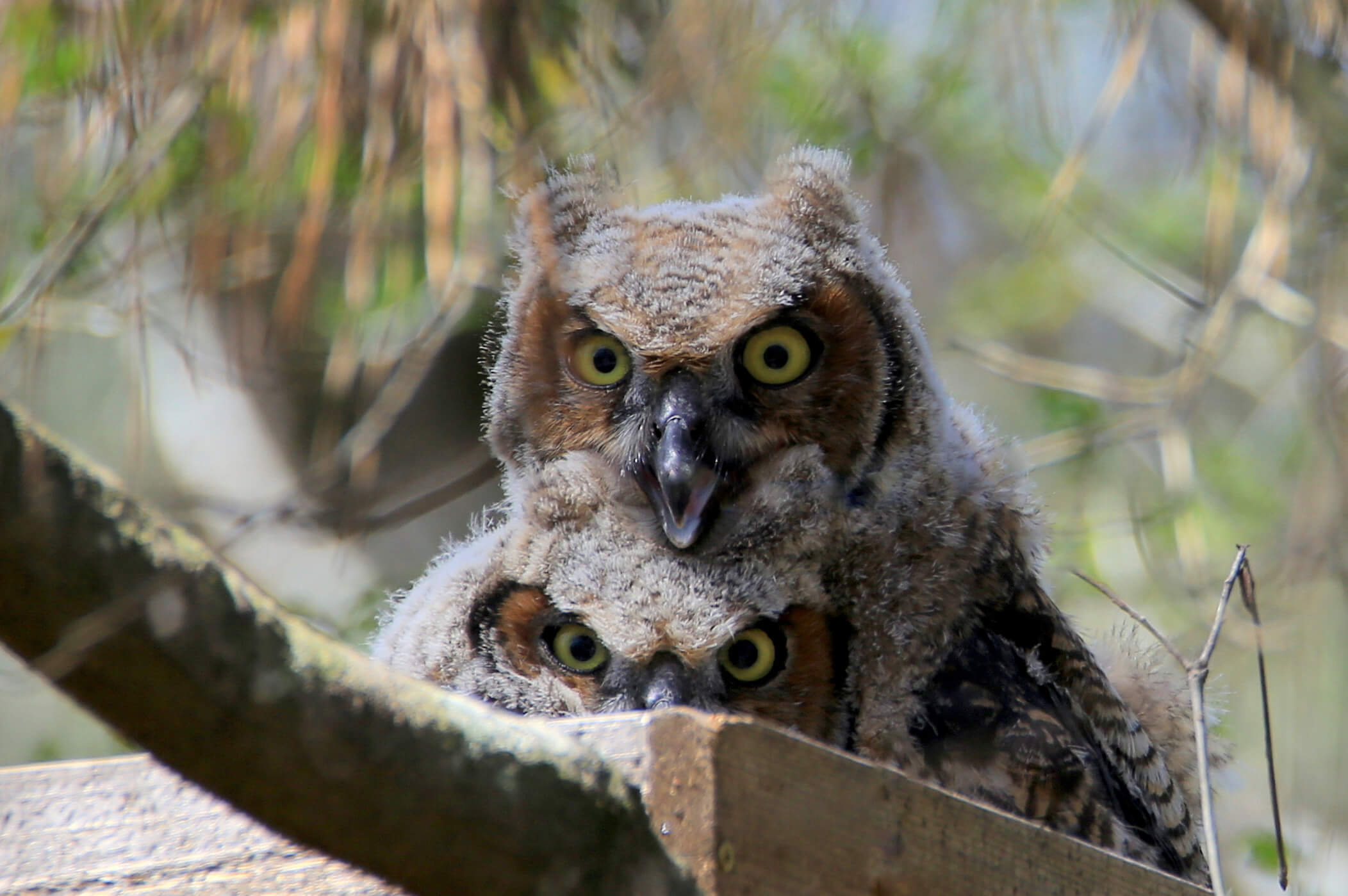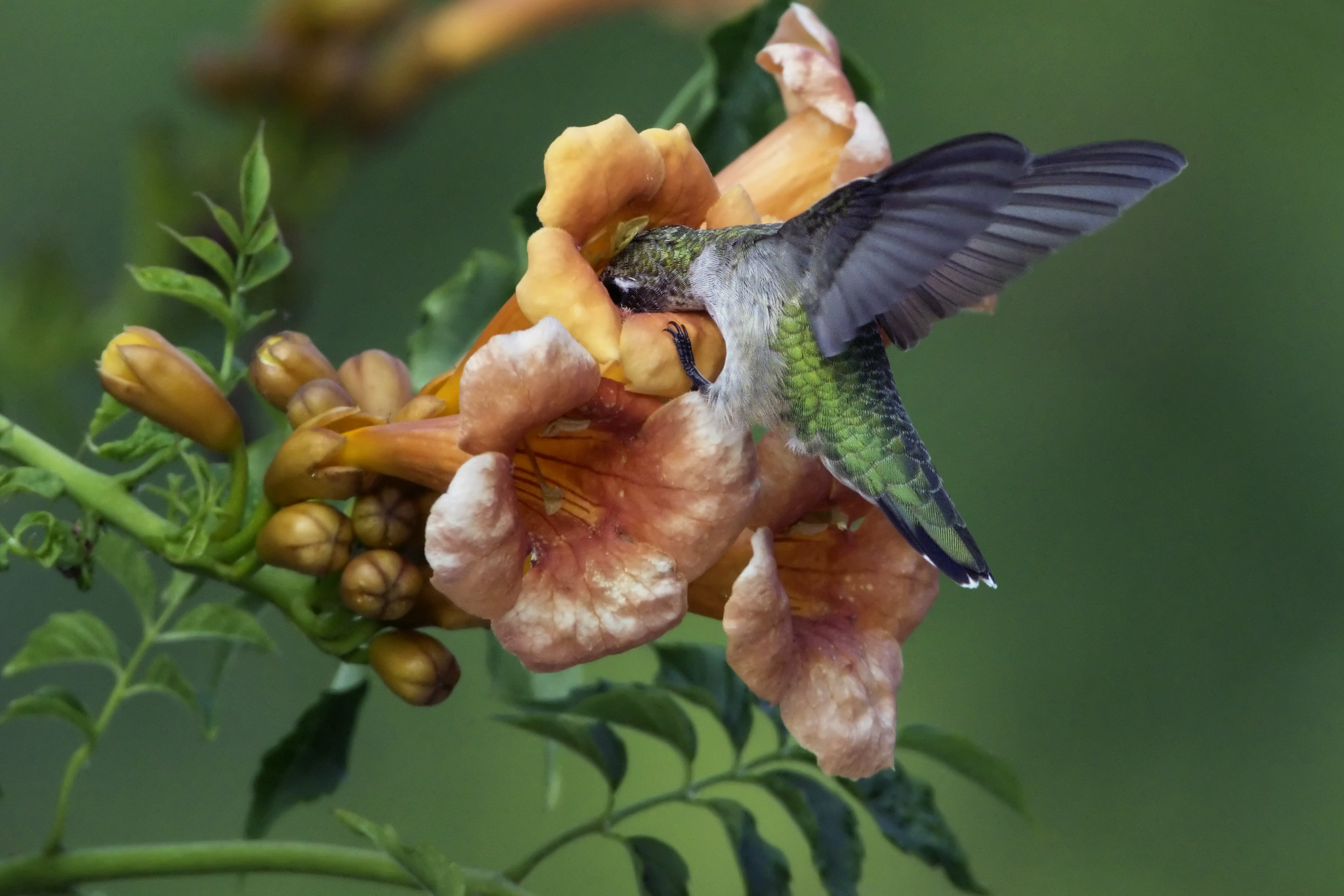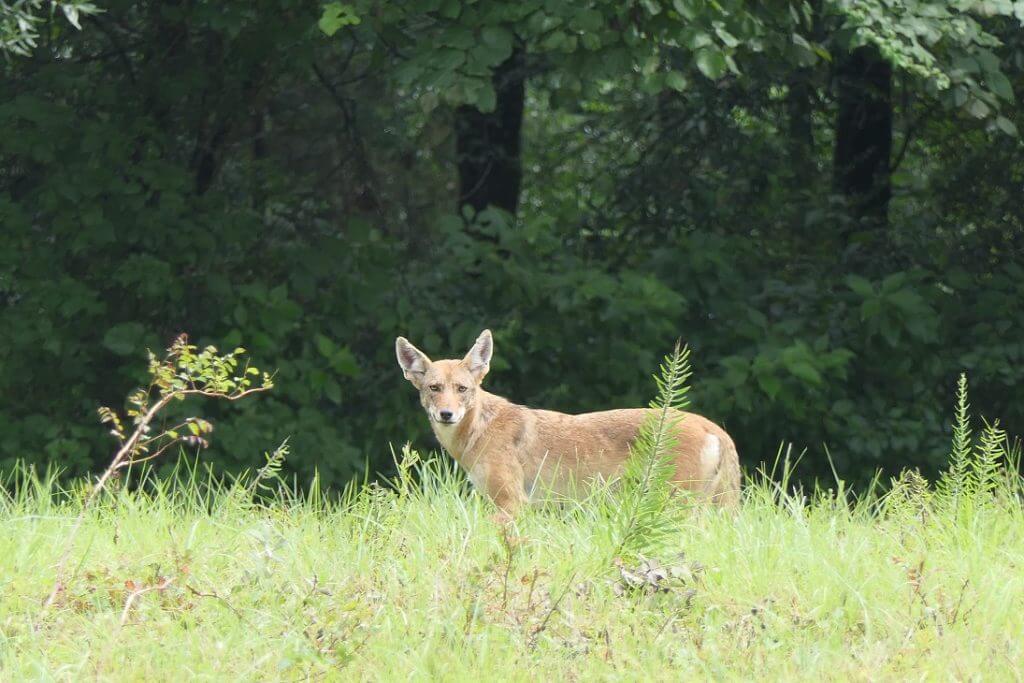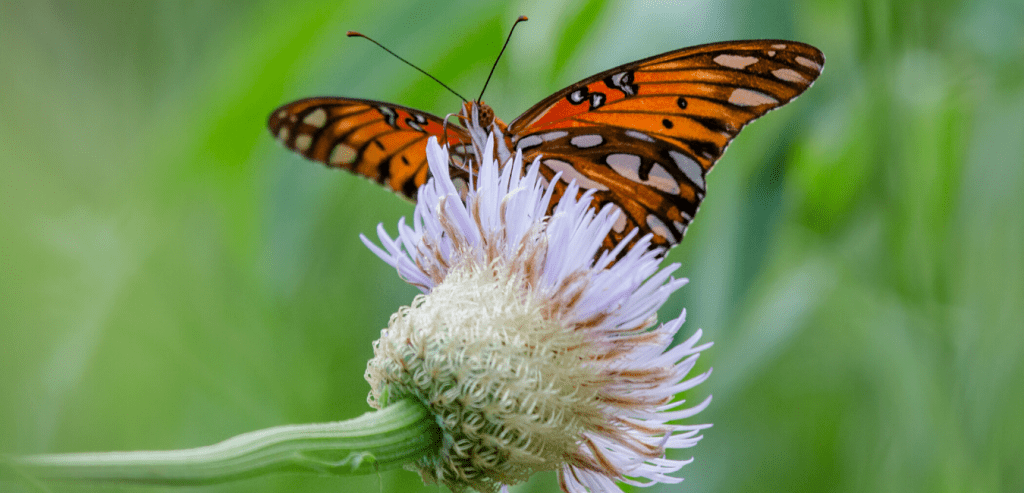Written by Kelsey Low
We love bats here at the Arboretum – but of course, we’re nature nuts. Not everyone would agree with us that bats are adorable and fascinating. However, if you don’t feel as batty about bats as we do, here’s some food for thought:
Do you like eating cashews, mangoes, and cucumbers? How about chocolate and corn? Do you enjoy a sip of tequila now and then? Do you ever wear cotton? If you do, then you should be crazy about bats!
There are at least 1,200 species of bats with a huge diversity of shapes, sizes, and lifestyles. For example, many larger bats eat fruit. They eat the fruit whole and digest everything but the seeds. Because they can fly long distances, they end up pooping the seeds out far from the original tree. This seed dispersal is critical for maintaining tropical forest health. Plants with seeds dispersed by bats include cashews, papayas, guava, coffee, wild figs, and cacao – that’s right, chocolate.
Other species of bats eat nectar, just like hummingbirds and bees. They are important pollinators of plants that bloom at night when most insects and birds are asleep. Plants pollinated by bats include bananas, peaches, avocados, and agaves. Agave plants happen to be the only source of tequila, so you have bats to thank for margaritas!
Here in North America, we mostly have small, insect-eating bats. They happen to be some of nature’s best pest control. Bats eat huge quantities of beetles, moths, and flies, many of which are serious agricultural pests. Almost 80% of the diet of Big Brown Bats consists of pests like spotted cucumber beetles and stinkbugs. Here are some favorite bat prey items:
- Spotted cucumber beetle – eats cucumbers, melons, cotton, soybeans, corn, and other important crops.
- Cabbage looper – eats cabbage crops (including kale and broccoli) and potatoes.
- Pecan nut casebearer – eats pecans.
- Corn earworm – one of the worst agricultural pests in America; eats almost anything, but especially corn and soybeans, causing more than $100,000 in crop damage annually.
So the next time you eat a handful of pecans, put on a cotton t-shirt, or work in your vegetable garden, think about bats and all they do for us. Maybe you too will become batty about bats! If you want to learn more about these fascinating creatures (and enjoy some delicious bat-related treats), join us for Arboretum at Night: Bats on Saturday, August 20th from 7:00-9:00 pm.


















